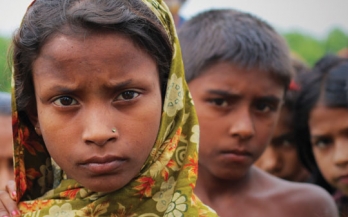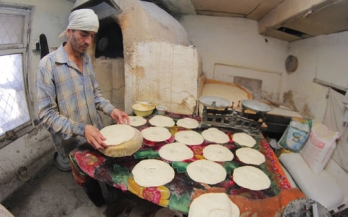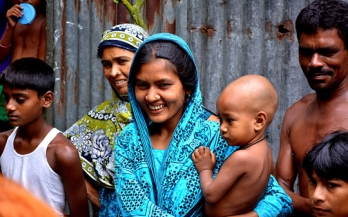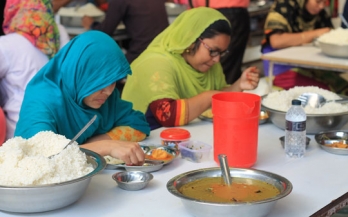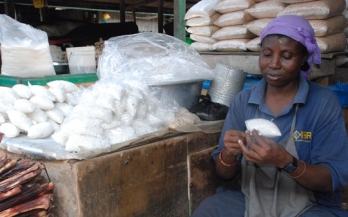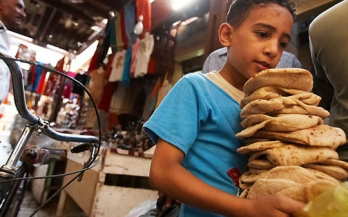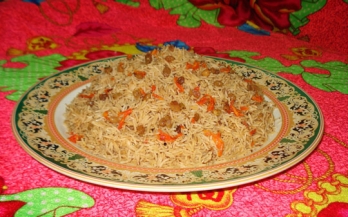- 13/05/2019
In Bangladesh, high rates of undernutrition persist among adolescent females living in low‐income households. Qualitative research was carried out to examine individual, social, and environmental factors influencing eating behaviors of female adolescents between 15‐19 years of age living in low‐income families in urban and rural settings in Bangladesh.
- 01/07/2015
Despite significant advances in the reduction of undernutrition, the population of Tajikistan is still affected by iron deficiency anaemia, neural tube defects and other conditions caused by micronutrient deficiencies. This report presents the findings from a laboratory assessment that was undertaken to evaluate the capacity and capability of relevant food laboratories in Tajikistan to analyse premixes and fortified food.
- 01/10/2015
This situation analysis report presents an overview of the current practices in food and day-care-service provision in 15 ready-made garment factories in Bangladesh. It is part of the operational research for the project, "Improving Nutrition of Female Garment Industry Workers and Their Children in Bangladesh.
- 01/09/2016
Given the widespread deficiency of zinc in Bangladesh, and the lack of national prevention programs, this study focused specifically on increasing the zinc content of the rice grain. The findings from this report suggest that there is a portfolio of options that can and should be considered as part of an agriculture-nutrition strategy in Bangladesh.
- 01/01/2014
This report aimed to quantitatively assess the level of iodine in salt consumed by households in Senegal to provide information on progress made in improving access to iodized salt quality of households following interventions implemented under the Universal Salt Iodization program.
- 01/01/2012
As part of a GAIN funded project on the fortification of cottonseed oil with vitamin A, a baseline study was conducted in Mali to determine the level of retinol serum in the target groups: children aged between 24-59 months and non-pregnant women but of reproductive age.
- 11/03/2014
Vitamin A deficiency remains a leading cause of morbidity and mortality in Indonesian children and women. As a pre-post evaluation, this study assessed consumption of fortified oil, changes in vitamin A intake and retinol status in 2 surveys of women and children.
- 01/06/2016
This report covers evidence of the estimated cost of wheat flour fortification in Tajikistan and suggests a clear economic case for moving forward to fortify flour in Tajikistan with essential micronutrients.
- 01/06/2014
This research provides an overview of the knowledge of nutrition, diet and health issues in the home, and community, and the resulting day to day practices of families and school age children living in Khatlon Province, Tajikistan. The research also looks at the business and policy environment for micronutrient fortification of wheat flour, the main staple food in the Tajik diet, and other staple food vehicles.
- 01/03/2018
To date, there is a lack of data on coverage and utilisation of fortified foods, which impedes the ability to tackle the challenges to fortification in Afghanistan. This survey aimed to fill these gaps by providing information on household coverage and micronutrient contribution of fortified foods among women and children.
